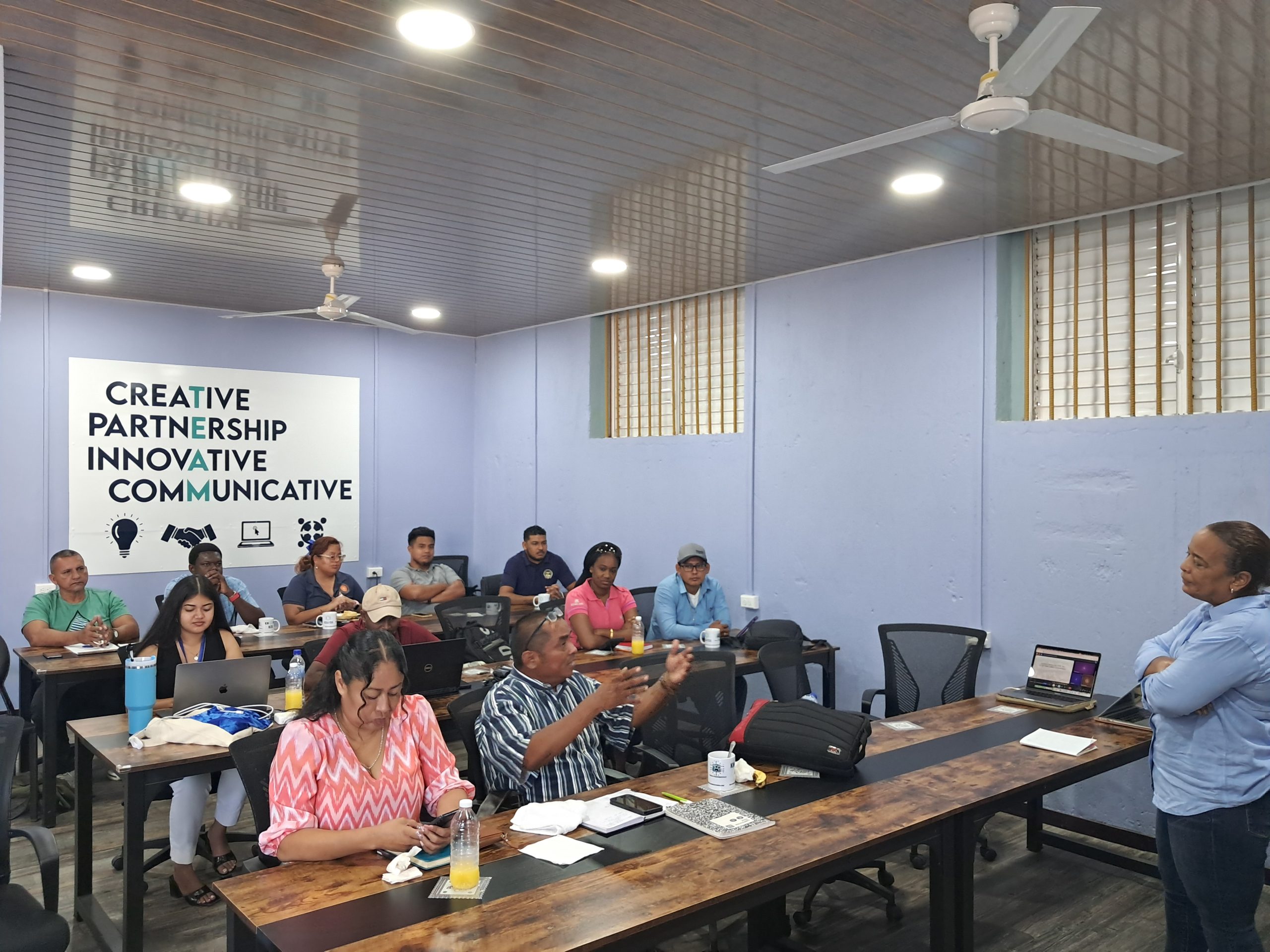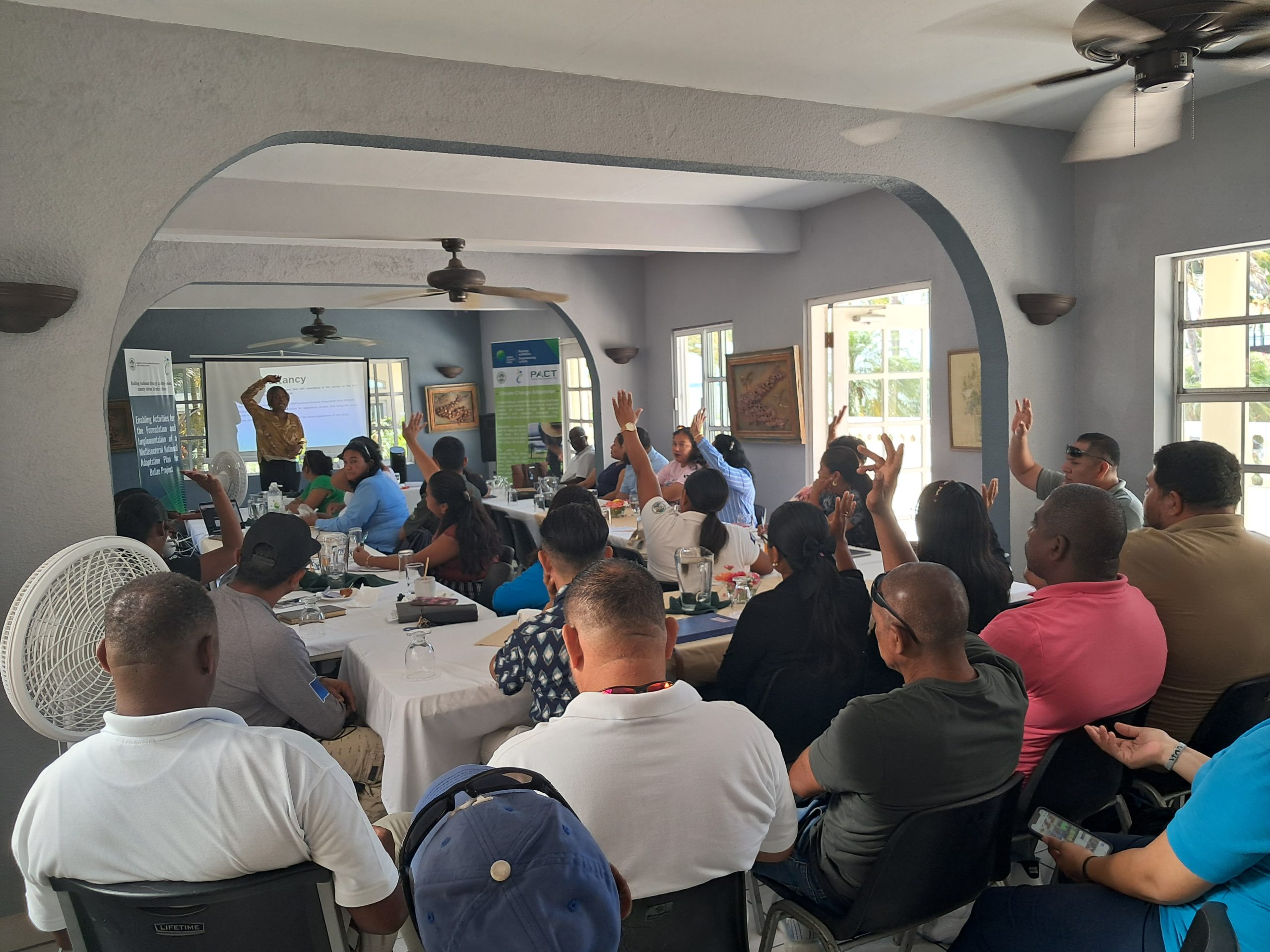Gerardo Berthin and Terri-Ann Gilbert-Roberts
First published July 10, 2019
Youth participation is a pivotal issue within global academic and policy debates on democratic governance. The global population of young people is now considered to be at its highest in history, with an estimated 1.8 billion people between 10 and 24 years old (UNFPA, 2014). Although the youth bulge in Latin America and the Caribbean (LAC) is not as large as in Sub-Saharan Africa and Asia, young people nonetheless represent a significant proportion of the LAC population. One in four people in the LAC region is under 30 years of age, reflecting a demographic imperative for national, regional and international development policy, including in relation to the attainment of the 17 Sustainable Development Goals (SDGs). The discourse on youth participation has, generally, been divided between two opposing theses of either innovative youth engagement or frustrated youth disengagement. We argued in a recent article that both are relatively inadequate in explaining the dynamics of youth policy participation in LAC.
‘Young people are not necessarily apathetic as supposed, but they wish to be engaged fully – not only in “youth policy issues” but all policy issues which affect them…’
We focused on the social audit framework to provide some insights into youth participation. A social audit is an accountability mechanism which enables citizens to organize and mobilize to evaluate or audit their government’s performance and policy decisions. It is both an approach and process to improve accountability and transparency in the use and management of public resources. We argue that social audit represents a viable solution to youth policy participation. However, whether or not social audit is feasible in each country in LAC and whether this would mean that youth would feel truly connected to the democratic process remains in question. Often how to participate in policies and monitor them becomes a difficult undertaking, as many countries in LAC tend to have few resources (public or private) to engage youth, sometimes having to rely on outside cooperation from international donor agencies and/or private donations. Participants realized that any social audit process of youth policy would necessarily have to articulate national, departmental, provincial and/or municipal policies, and determine their link to local development plans.
Our analysis and findings suggest the need to develop strategies to promote young people’s roles in democratic governance and to better understand the factors that influence their choice to participate. Young people are not necessarily apathetic as supposed, but they wish to be engaged fully – not only in “youth policy issues” but all policy issues which affect them; they are also more interested in policy dialogue than in formal electoral-based politics. This suggests the need for new integrated strategies that connect young people with other civic participation processes. Attention also needs to be paid to four key influencing factors: 1) Limited youth capacity; 2) Inadequate cultures of participation in LAC broadly and need for stronger civic education; 3) encouraging policy outreach for youth (supply side) where policymakers actively engage young people; and 4) continue to address challenges of inequality and socio-economic exclusion. See full article in Academia here. Or in Research Gate here.
Gerardo Berthin
Senior Democracy and Governance Associate. Democracy and Governance Sector/International
Development Division, Tetra Tech, Burlington, Vermont, USA | [email protected]
Terri-Ann Gilbert-Roberts
Fellow and Chair. Research Cluster on Youth, SALISES, University of West Indies Kingston,
Jamaica |[email protected]



